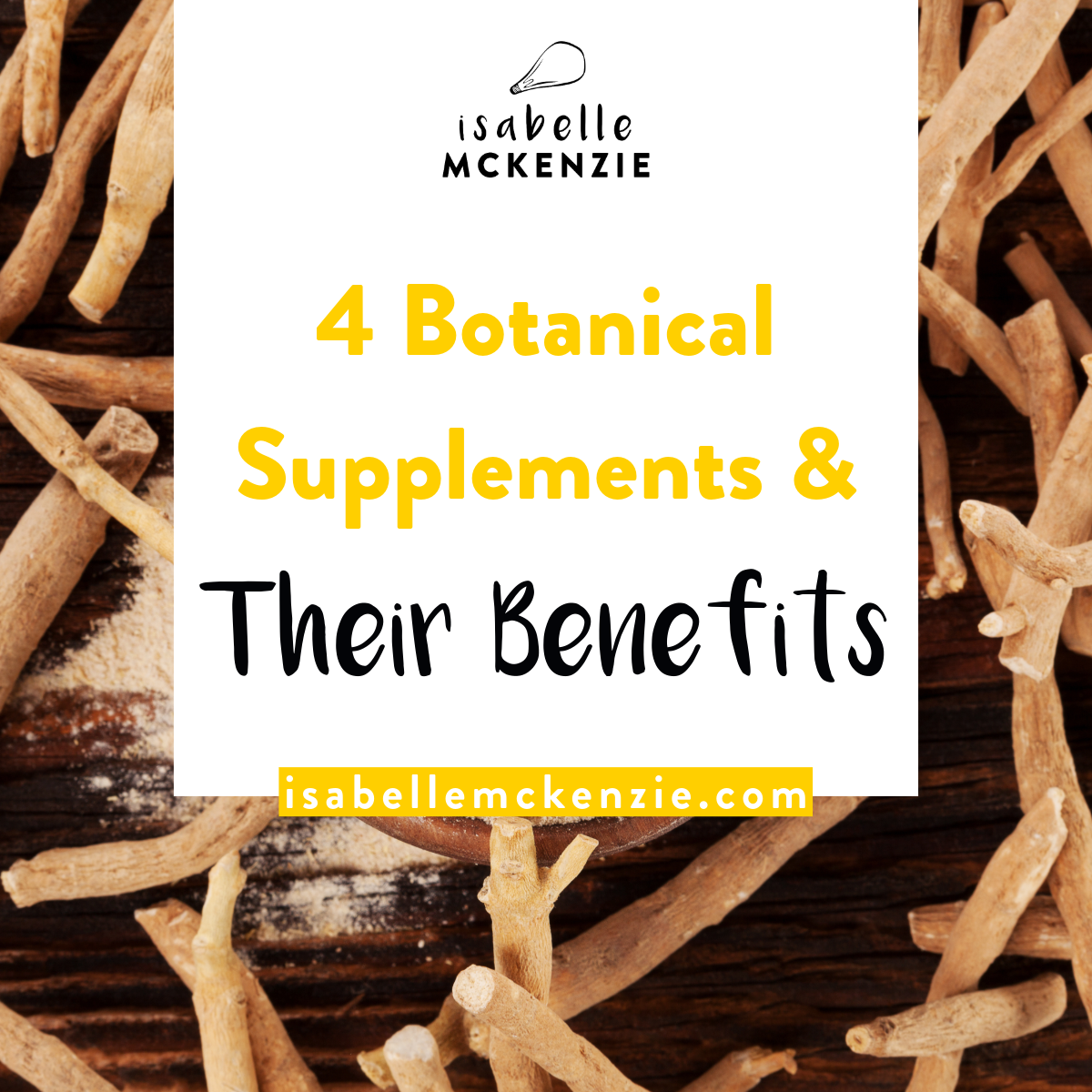Drinking Alcohol On A Low Sugar, Sugar Free, Or Keto Diet
#SugarBalancedLiving
Is alcohol sugar free? Here’s what you should do about drinking alcohol when on a low sugar, sugar free, low carb, or keto diet. If you want to kick sugar in your diet, you might be wondering if you’re sabotaging yourself every time you go out with friends at happy hour - well, here’s the answer!
Can you drink alcohol when reducing sugar?
Is alcohol sugar free? Here’s what you should do about drinking alcohol when on a low sugar, sugar free, low carb, or keto diet. If you want to kick sugar in your diet, you might be wondering if you’re sabotaging yourself every time you go out with friends at happy hour - well, here’s the answer!
When you reduce or quit sugar in your diet can you even drink alcohol?
Does wine have processed fructose in it from the grapes? Does beer stretch out your waistline because of added sugars?
Well if you’ve been pondering these questions I have some good news for you – yep you absolutely can still enjoy a glass of wine at dinner on Fridays or a beer during the Sunday game.
But there is a catch: you need to drink in moderation, and pick the right drinks.
Let’s find out what I'm talking about here.
Sugar is bad for us. With all of the evidence coming to light proving the nasty effects sugar has on our bodies, it's no wonder that more and more people have been taking a pause for thought before stopping for that ice cream cone after work or eating a cupcake at coffee break.
Of course, it’s great that people are thinking before eating a sugary treat. The effects of eating too much sugar are real: increased risk of type 2 diabetes, heart disease, depression and even cancer.
The problem occurs when looking at what people are thinking about when it comes to reducing sugar. Yes, it’s fantastic to avoid eating loads of ice cream, but we also need to keep in mind that sugar is hidden everywhere these days; not just in that fro-yo, but also in the bread used for your sandwich and the mayo spread you put on it, all the way to canned soup.
But, there is a really big one which I want to discuss today - the one most often overlooked, that you most likely sip on during your after-work happy hour routine!
Alcohol and Sugar.
Yep, you guessed it: if you want to reduce your sugar intake, you need to reduce your alcohol consumption. While most un-mixed alcohols contain little to no sugar, that after work beer, whiskey, rum or glass of wine is contributing to your sugar intake and disrupting your blood sugar and ability to process sugars.
The Truth About Alcohol and Sugar!
Goods News:
First off, let’s start with the good news: like I just mentioned, most un-mixed alcohols don’t contain a ton of sugar. Let take a look at our main alcohols:
• Wine:
Believe it or not, wine actually contains minimal fructose. When wine is fermented to ‘dry’ like in red and white wine, it leaves it with a relatively low sugar content. Because, when the fructose found in grapes is fermented it becomes alcohol, leaving the finished product low in sugar. Champagne or ‘sparkling wine’ (especially dessert wine) on the other hand retains quite a lot of the fructose from the grapes, making them worse options.
• Beer:
Beer is made from water, grain, hops, and yeast. The grain is usually malted barley, which is the source of the sugar in beer. On its own, it’s quite sweet, but with the addition of the yeast, this changes. The yeast enables fermentation of the sugars in the malted barley to form the alcohol. Basically: the process turns sugar into alcohol.
So, beer does not tend to contain fructose, but it does contain maltose. Maltose is less sweet than table sugar and fructose, and our bodies can metabolize it better than fructose, but it’s still high on the "glycemic index" (G.I). Combine that with the fact that beer is very high in carbohydrates, and it should definitely be limited.
NOTE: Most beers do not have any added sugar, but specialty “flavored” beers will often hide added sugars breweries use to create special flavors.
• Cider:
Most ciders are made from fruit, which contain natural sugar, not added. However, there are still many cider makers that use added sugars and preservatives, so always check the ingredients. It’s also important to remember that although fruit is natural, in cider it’s in the form of juice, and natural fructose when not in whole form will spike your blood sugar levels, so moderation is needed!
• Spirits:
Most spirits like vodka, gin, tequila, rum and whisky contain little carbohydrates, little fructose and no added sugar.
Bad News:
Now we’ve taken a look at each top alcohol group, we can see that many un-mixed alcohols are naturally low sugar, with hard alcohols being BEST. However, excessive alcohol consumption still leads to many metabolic and health issues, and while alcohol is low in fructose, it’s still very high in empty calories.
Just because it tends to be low in fructose doesn’t mean that alcohol doesn’t disrupt your metabolic system, your blood sugar levels (similarly to sugar) and ability to process sugars - IT DOES.
While you drink, all normal metabolic processes are put on the back burner and the body burns the excess amounts of calories before it burns any of the fat or sugar from the alcoholic drink, which is why heavy drinking = weight gain.
Alcohol and your blood sugar.
Even moderate amounts of alcohol (esp. if you drink a mixed drink) can cause your blood sugar to rise, and once you process the alcohol, your blood sugar drops dramatically. In fact, alcohol actually keeps your liver from releasing glucose (blood sugar regulator).
Alcohol causes sugar and fat cravings.
Alcohol also stimulates your cravings for junky comfort foods by depleting the body’s glycogen (carbohydrate) storage, causes dehydration, slows down the metabolism as much as 80%, and decreases electrolytes like sodium which causes salty, sugary, processed carby food cravings.
Since you’re not sober, your willpower is lower, making you more likely to reach for that sweet bag of barbecue chips.
Another problem we face is that we don't know how much sugar or calories we're getting in any certain drink. Manufacturers aren't required to disclose the amount of sugar or carbohydrates (since carbs are converted into sugars) a bottle contains, meaning you don’t know exactly how much sugar you’ve after Friday night drinks.
Bottom Line:
Alcohol’s high caloric content, craving stimulating properties, willpower overriding abilities, make drinking not the best choice if you are concerned about sugar addiction, junk food cravings, weight gain or general well being, BUT I truly believe you don't have to give up alcohol to lead a balanced lifestyle.
It’s good to get educated on the effects of all the different alcohols, like you have, so you can make smarter more educated choices. Knowledge is key. When you know what to expect from that glass of champagne, you’ll know how to best preempt any effects from it.
Working on learning to moderate your alcohol consumption, and implementing healthier steps when you drink will help you ease those effects.
How much alcohol should you drink?
While health experts recommend 1-2 drinks per day, I don’t see this as moderation.
Drinking alcohol EVERY day will wreak your metabolism and liver. I recommend moderating your drinking to at most 1-2 alcoholic beverages two times per week.
Try to stick to a few drinks on Friday and Saturday and rest your body from alcohol during the weekdays. When you go out drinking make sure to stay hydrated by drinking plenty of water, and eat a healthy portion of protein and fiber before you drink.
Be wary of the slippery slope
Regulating your alcohol intake may feel like an uphill climb. Even when you think you have mastered control, celebratory events, stress, or social pressure may tempt you into overindulgence, which in turn sets off an endless cycle of sugar and alcohol consumption that threatens both your health and wellness. Remember to tread this slippery slope with caution and mindful consumption with commitment to your health above all else in mind. But should any slip down take place, there are recovery houses such as women’s and men's sober living home recovery houses available that can assist your journey toward moderation.
In Summary: Alcohol and sugar
So, for better overall health, try skipping your after work drink. Instead try indulging in healthier natural options, and you'll find a decrease in those wine o'clock cravings!
Alcohol-free and sugar free drinks will always be your safest bet. Maybe opt for a plain or fizzy mineral water with a squeeze of lemon or lime or a splash of 100% juice. It’s actually surprisingly satisfying.
If you do drink, then red wine is a better choice over beer and sweet drinks. Clear spirits like vodka or gin mixed with fizzy water and fresh lemon and lime drinks are probably the best options as they’re lowest in sugar when it comes to alcoholic drinks.
Make sure to stay away from SOFT DRINKS AND TONIC WATER as they are packed with sugar, especially when in the form of a cocktail!
Ready to get started on breaking your sugar habit for good?
Download my free cravings crusher guide to help you effortless beat that addiction WITHOUT restricting your diet and while maintaining mind + body balance.















… yup, the Isabelle behind the IsabelleMcKenzie.com!
Instagram: @ItsIsabelleM | Pinterest: @ItsIsabelleM | Subscribe on Youtube
I’m dedicated to helping teach people how to live their happiest, healthiest life and reach their goals so that they can create the lifestyle of their dreams with integrity & purpose.
I focus on self-care, mind, body and health, dedicated to helping teach peeps how to live their happiest, healthiest life and reach their goals so that they can create the life that will have them jumping out of their bed in the morning to actually live!
Read More >